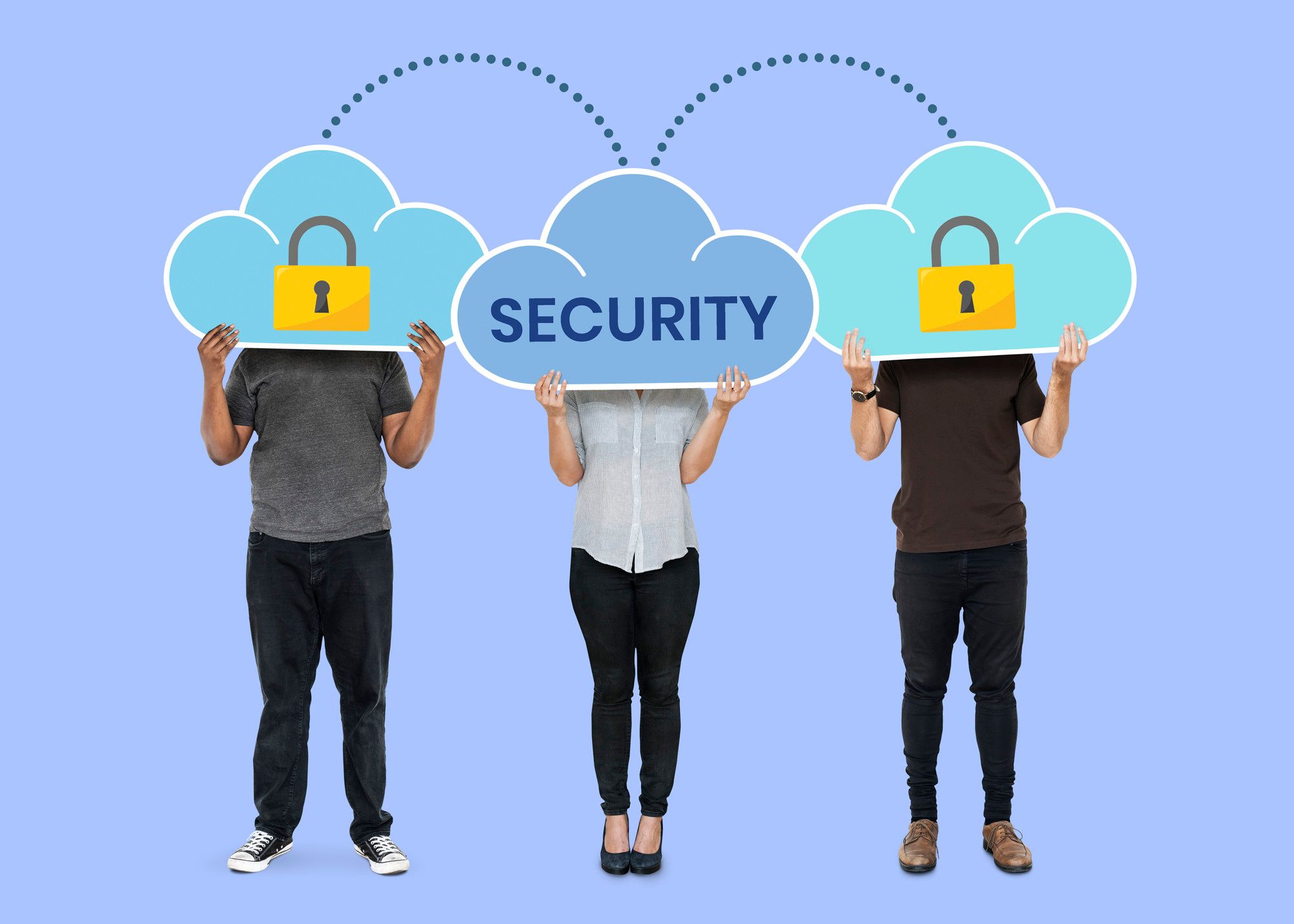Tech
VPS Security: Safeguarding Your Tech Assets in a Connected World
Published
10 months agoon

Did you know that about 30,000 websites are hacked every day? It’s a scary statistic, especially when you consider the large financial impact it has on businesses. By the end of 2023, it is estimated that the average cost of corporate data breaches will reach $5 million.
If you’re using a VPS (virtual private server) or any cloud exchange solutions to process large amounts of data through this server, you need to be aware of the dangers that lurk in cyberspace so your data doesn’t get compromised and your operations remain online at critical moments.
A VPS, just like any other online platform, is vulnerable to cyber-attacks. Some of the most common threats include:
- DDoS attacks: This malicious attack aims to disrupt the normal traffic to a server by overwhelming the target with a flood of internet traffic. This can cause the server to crash because it’s not equipped to handle such a large volume and then the server becomes inaccessible.
- Malware attacks: Harmful software is used to infect the VPS with a virus that can damage data and disrupt operations.
- Phishing attacks: A would-be hacker sends fraudulent communications (like an email) that pose as a reputable source to trick the receiver into giving the hacker sensitive information that can help them steal money or login details, install malicious software on a device, and more.
A VPS is a very secure server option from the get-go so you already have an advantage in that aspect. How does it provide this secure layer, you ask?
VPS technology uses a bare metal server, which is a physical server dedicated to one tenant only. This eliminates the multi-tenancy risks that usually come with shared hosting. In other words, it makes it more difficult for one tenant’s vulnerabilities to pose a risk to another.
Then there’s the hypervisor software which divides the bare metal server into various separate virtual environments on a single host machine. This keeps a tenant isolated, away from public reach, and thus helps to provide a barrier to potential breaches.
Here are 9 measures you and your VPS host can take to add an additional layer of security:
- Backup your data
Creating a backup of data should be one of the first steps that needs to be taken before anything else. In the event that there is indeed a security breach or data loss, you can at least regain access to your valuable data and recover it to its original state.
- Disable root login
Root login is essentially the system administrator function. The root login is the user with the most read and write privileges and they have the highest permission elevation. To limit unauthorized access and reduce the potential for system compromises, you need to require all users to log in with individual accounts.
- Install SSL certificates
If you’ve ever seen a small padlock icon next to a URL, then you’ve encountered a website with an SSL certificate. This type of certificate encrypts the transfer of data between a browser and a user so that it’s more difficult to intercept and access said data by nefarious individuals.
- Implement DDoS protection
As mentioned, DDoS attacks are one of the more common threats so you need to have a DDoS-protected VPS. This means that the server is located inside a network or data center that is resistant to DDoS attacks using special hardware firewalls.
- Do regular updates and patch management
Hackers are constantly searching for vulnerabilities on a VPS to gain access. Software developers release patches that fix these vulnerabilities to increase VPS security. Auto-patching and automatic updates are a good idea to stay on top of the latest technology instead of relying on manual updating.
- Increase firewall protection
Firewalls block malicious traffic, like hacking attempts, from getting into your virtual private server without permission. They can also block incoming communication that doesn’t follow the rules and only allow authorized traffic by closely monitoring network activity.
- Limit the number of open ports
Reduce the number of ports you have open on your VPS by only allowing the services you need to run. Closing unneeded ports reduces the amount of space that can be attacked and helps stop unauthorized access.
- Stronger passwords
This may seem like a no-brainer but it bears repeating. Create and use passwords that are long and complicated, including symbols and numbers. Also, frequently change passwords. Well-known security company McAfee recommends changing passwords every three (3) months.
- Use SSH keys
Speaking of passwords, when it comes to accessing an SSH account (which is essentially the system administrator account), you need to switch to using SSH keys for VPS authentication. These keys are additional computer-generated login credentials, which make them more complex to decipher than a root password.
Beeks Group provides secure VPS hosting for large forex companies and can confidently process high volumes of data. Contact our team of experts at sales@beeksgroup.com for secure management of your cloud exchange solution.
Recent News


4 Amazing Trips for Your Family
Choosing somewhere for a family vacation that would pique the attention of adults and kids alike can be a fun...


Customising Your Makeup with Blendable Blush Options
In cosmetics, one’s face is a canvas for self-expression and creativity. Among the myriad of products available, blush is a...


The Benefits of Regular Home Maintenance
Regular home maintenance is essential for maintaining and even raising the value of your house. A proactive approach to repairs...


Understanding the Importance of SEO in Adelaide
In the digital marketplace, Adelaide businesses are in a continuous contest to gain the attention of their target audiences. With...


Breaking Down the Numbers: Understanding the Average Traveling Nurses Pay
The open road, adventure, and the chance to heal – travel nursing promises an undeniable allure. But amidst the excitement,...


Dealing with Oily Skin in Summer: Tips and Tricks
As the temperature rises, those with oily skin often face an additional challenge—maintaining a clear and balanced complexion. Excess oil...


Mountain Wedding Ideas for 2024
A mountain wedding is a stunning choice for couples who cherish nature and desire a distinctive wedding experience. Whether you...


3 Of The Best Ways To Keep Your Salon Clean
It is of the utmost importance to ensure that a salon is kept scrupulously clean, not just for the sake...


3 Reasons You Should Get Blood Tests Every Year
Regular blood tests are essential for preserving general health and identifying potential problems early on. Medical professionals can evaluate your...


How to Make Your Next Crafts Project Pop
Crafting is a creative outlet that allows individuals to express themselves through various mediums such as paper crafts, sewing, painting,...
